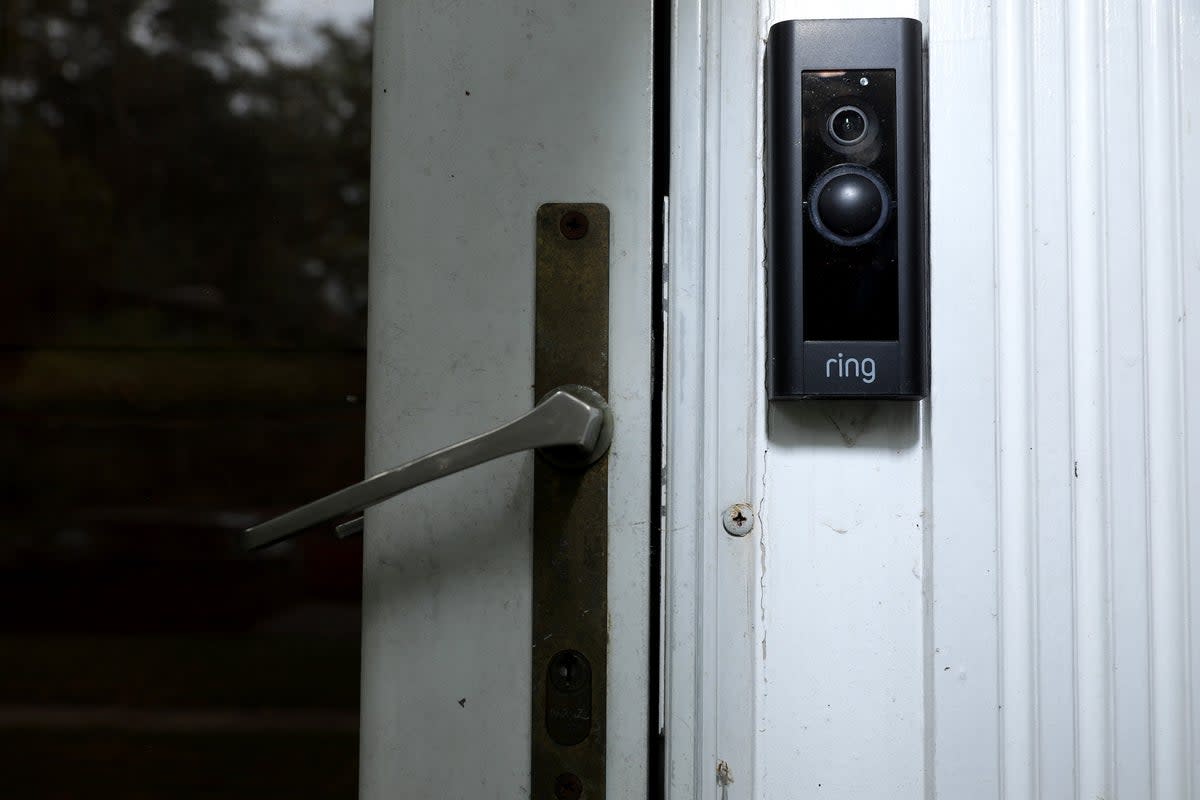Amazon gave Ring video doorbell footage to police without a warrant or users’ consent

Amazon has admitted that it gave footage from its Ring cameras to police without being provided with a warrant or asking the user’s content.
United States Senator Ed Markey wrote to Amazon in June asking about its relationship with the police department.
The letter was prompted by a recent study conducted by Consumer Reports that found that once a Ring’s motion detectors had been triggered, it could record conversation-level audio from up to 25 feet away.
Ring has stated that it will not share “customer information” with law enforcement without consent, a warrant, or “an exigent or emergency” circumstance, Mr Markey’s letter states. In response, Ring says it reserves the right to respond immediately to US police in certain cases.
“Ring reserves the right to respond immediately to urgent law enforcement requests for information in cases involving imminent danger of death or serious physical injury to any person. Emergency disclosure requests must be accompanied by a completed emergency request form”, Brian Huseman, Amazon vice president of public policy said.
“Based on the information provided in the emergency request form and the circumstances described by the officer, Ring makes a good-faith determination whether the request meets the well-known standard, grounded in federal law, that there is imminent danger of death or serious physical injury to any person requiring disclosure of information without delay.”
Ring has provided videos to law enforcement in these instances 11 times. “In each instance, Ring made a good-faith determination that there was an imminent danger of death or serious physical injury to a person requiring disclosure of information without delay”, Mr Huseman said.
Privacy experts encourage Ring users to turn on the end-to-end encryption setting, which the company has included; however, it refused Mr Markey’s request to make it default on all devices. “User control is foundational at Ring, and we recognize this advanced feature may not be right for all customers”, Mr Huseman said.
Ring currently has 2,161 law enforcement agencies on its Neighbours Public Safety Service, which allows police to get information from users’ Ring cameras. This is a 500 per cent increase over the 400 agencies Amazon partnered with in November 2019.
Request for Assistance posts are public posts made by public safety agencies on the Neighbors app asking for assistance from the community. It is entirely up to the Neighbors users if they want to respond to a Request for Assistance post. However, Amazon has been coaching police to more effectively access footage from their users in the past.
Mr Markey also pressed Amazon to commit to not including voice recognition technology in its products. Amazon currently does not offer this feature, but did not acquiesce to the request.
“Increasing law enforcement reliance on private surveillance creates a crisis of accountability, and I am particularly concerned that biometric surveillance could become central to the growing web of surveillance systems that Amazon and other powerful tech companies are responsible for," Mr Markey said in a statement.
Amazon also did not agree to requests that it would not accept financial contributions from police, would not allow immigration enforcement to request Ring recordings, or take part in police sting operations.
Last year, a UK judge ruled that Ring cameras’ audio recording capabilities violated the Data Protection Act after a neighbour used several cameras to monitor a communal parking lot.
In a statement to The Independent, Ring said; “It’s simply untrue that Ring gives anyone unfettered access to customer data or video, as we have repeatedly made clear to our customers and others. The law authorizes companies like Ring to provide information to government entities if the company believes that an emergency involving danger of death or serious physical injury to any person, such as a kidnapping or an attempted murder, requires disclosure without delay. Ring faithfully applies that legal standard.”

 Yahoo News
Yahoo News 
